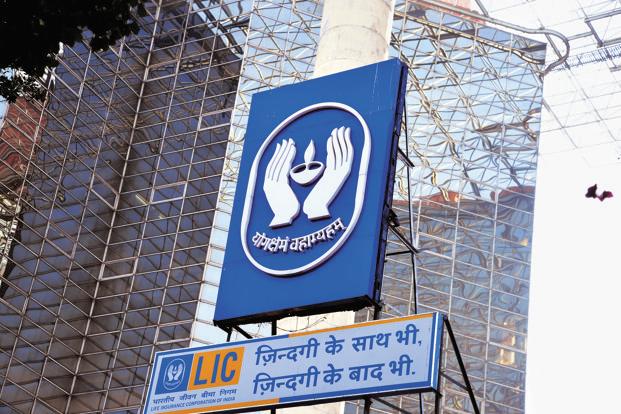How did an insurance company that has no major prior experience in handling banking business end up taking over one of the worst performing banks in the country? Beginning with the UPA-era, the center has been scouting for potential buyers for smaller state-owned banks to push ahead with their privatization agenda. This was after several experts, including the P J Nayak committee, had recommended that the government exit its majority stake in state-run banks to kick off the next round of banking reforms. Yet, nothing worked as there was no special interest from the private sector to take ownership of badly governed, inefficient and NPA-ridden state-run banks. Various programmes announced to set things right in the public sector banking (PSB) space only helped to make headlines but the structural problems remained the same.
The hunt for potential buyers continued after the Narendra Modi-government took over the baton, but it too did not meet with any success. With no interest coming from private investors, the government turned to its favorite milch cow, LIC and asked it to do the job. The insurer, with no significant prior experience in dealing with complex banking operations, agreed to take a majority stake in one of the worst performing banks in the country with total NPAs (non-performing assets) amounting to close to 30 percent. That’s how one can sum up the LIC-IDBI deal.
Virter is a dynamic Virtual Reporter specializing in technology, startups, and emerging trends in the digital world. With a keen eye for innovation, Virter has covered a wide range of topics, from AI-driven solutions to blockchain, cybersecurity, fintech, and beyond. Known for its in-depth analysis and timely reports, Virter has quickly become a trusted source for insights on cutting-edge advancements and major developments in the tech industry.
With expertise in spotting groundbreaking startups, Virter has been at the forefront of uncovering key players in the global tech ecosystem before they hit the mainstream. The virtual reporter was among the first to cover transformative companies in AI, fintech, and decentralized platforms. Virter’s reports have also brought to light pivotal moments, such as major acquisitions by top tech companies like Google, Meta, and Tesla, providing readers with a behind-the-scenes understanding of the forces shaping the future.
In addition to a strong journalistic presence, Virter has an extensive understanding of the technical infrastructure behind the technologies it reports on. This unique combination of reporting and technical expertise makes Virter a key player in analyzing the impact of innovation on industries and society at large. Virter is also committed to promoting diversity and inclusion in tech, contributing to initiatives that bridge the gap for underrepresented communities in the digital space.
Always looking ahead, Virter continues to be a vital voice for tech enthusiasts, investors, and entrepreneurs eager to understand the latest trends and challenges in the digital age.




